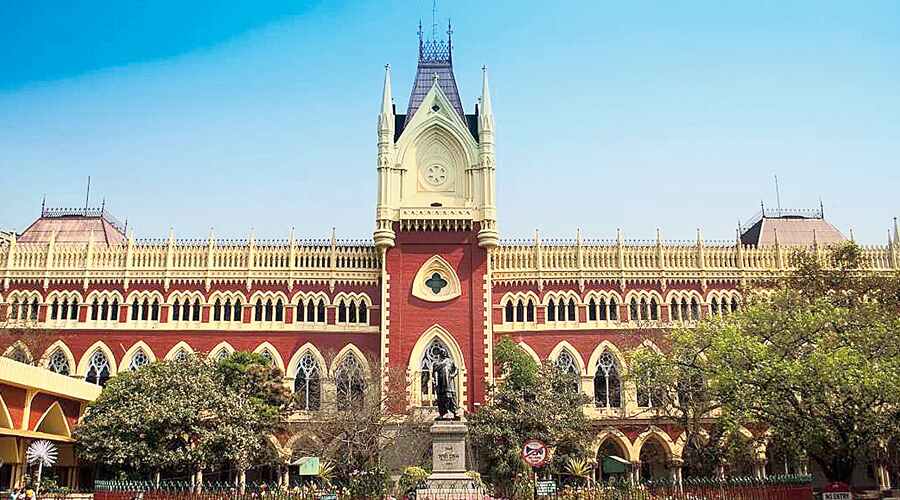Two judges on the five-member bench of the Calcutta High Court, which ordered a CBI probe into alleged cases of rape and murder during the post-assembly poll violence in Bengal, termed as "uncalled for" an NHRC panel making recommendations and expressing opinion over the incidents but dismissed suggestions
that some of its members were biased against the government.
One of the judges also observed that the Election Commission should have played a more positive role in directing the administration to register the complaints made by the alleged victims, while another said inclusion of two members in the panel could have been avoided as "it might raise reasonable likelihood of bias". The two members of the NHRC committee--Rajul Desai and Atif Rasheed-- had links to the BJP.
Observing that there are "definite and proved" allegations that complaints of the victims of violence in the aftermath of the Bengal Assembly polls were not even registered, the court had on Thursday ordered a CBI investigation in all alleged cases of heinous crimes like rape and murder, while accepting the recommendations of the NHRC panel.
The five-judge bench while passing the order on a batch of PILs seeking an independent probe into incidents of alleged violence after the polls which the ruling TMC won by an overwhelming majority, also ordered constitution of an SIT to probe all other cases.
Justices I P Mukerji and Soumen Sen concurred with the order pronounced by the bench but raised some objections about the actions of the NHRC's fact finding committee.
Penning his observations, Justice Mukerji noted the allegation of bias against the NHRC committee was not material but said the panel only had powers to report on facts as gathered by them during the investigation.
"The allegation of bias against the Committee is not material because this court has considered not only the report of the Committee but other materials as well and arguments of learned Counsel based thereon. Therefore the part of the report expressing opinion, making recommendations etc. is non-est (does not exist) in the eye of law," he wrote.
Justice Mukerji said the submission of the Election Commission is absolutely right that the conduct of elections was its responsibility but the administration was with the government.
The Mamata Banerjee government had repeatedly said that the EC was in charge of administration since the start of the election process and its conclusion on May 5.
"The Election Commission, in my opinion, is theoretically correct. But, it is also true that the Election Commission had directed the administration to transfer officials with administrative duties and post them according to its direction at the time when it was in charge of the election.
"If offences had occurred as a consequence of the polls, it was also the duty of the Election Commission at least to direct or advise the administration to register the complaints which it did not," Justice Mukerji observed.
He noted that between the polls and assumption of office by the new government, the Election Commission should have played a more positive role in directing the administration to register the complaints.
"If the offence is established, the wrongdoers have to be brought to justice. Only then will the entire system be seen as fair, just and transparent by the ordinary people," the judge said.
Justice Soumen Sen, making his observations, said, "It would be unfair to impute biasness against the members of the fact finding committee who otherwise have done a commendable job in collecting and compiling complaints."
He said that in his view the inclusion of Rajulben Desai, Atif Rasheed and Rajeev Jain in the committee does not vitiate its report.
"Although I felt that having regard to the antecedents of Rajulben Desai and Atif Rashid the inclusion of the said two members could have been avoided as it might raise reasonable likelihood of bias," Justice Sen observed.
"Although the fact finding committee has made scathing remarks and made recommendations against politicians and police officers I am of the view that such remarks and recommendations were uncalled for and to that extent the committee has transgressed its limits," he said.
Opposing the findings and recommendations of the NHRC committee report, senior advocate Abhishek Manu Singhvi, representing the state's DGP, had claimed during submissions that it was erroneous and biased.
Claiming that a few members of the seven-member committee had links with the BJP, he had prayed that the report should be rejected by the court.











